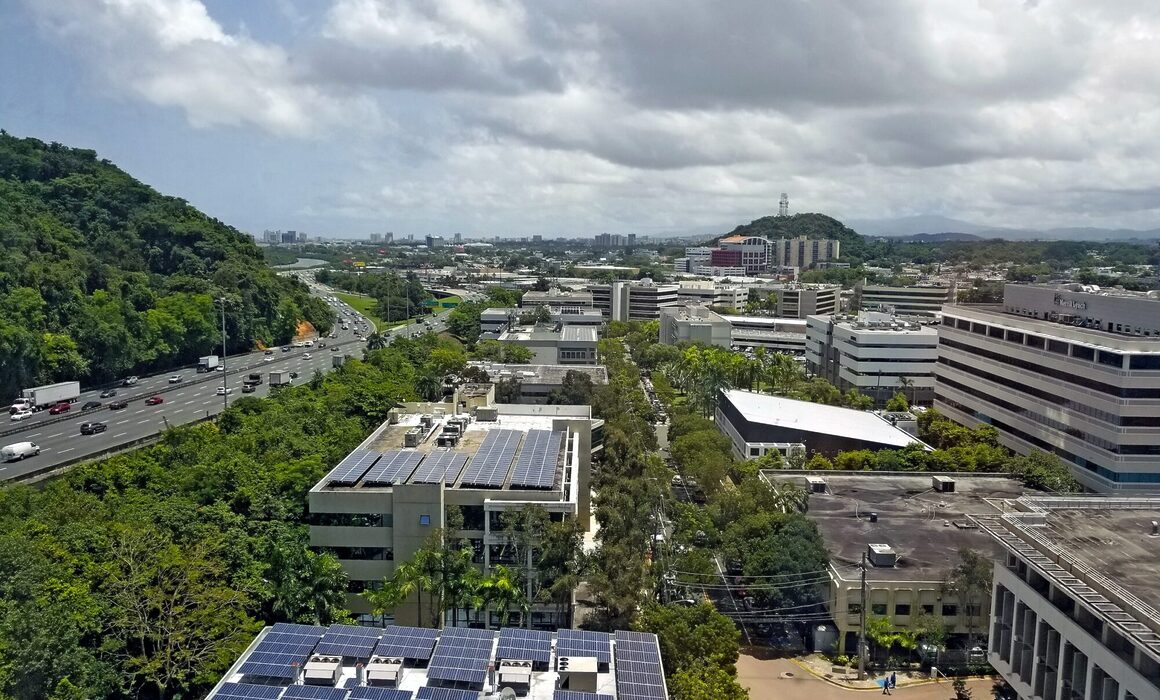The Impact of Pollution on Solar Panels: How to Combat the Grime
Solar panels have long been heralded as a clean and sustainable source of energy. Harnessing the power of the sun, these energy-saving wonders convert sunlight into electricity, contributing to a greener and more environmentally friendly future. However, their efficiency can be significantly compromised by an invisible adversary. Learn about the impact of pollution on solar panels and how to combat the grime.
Understanding the culprits: airborne particulate matter and pollutants
Airborne particulate matter, including dust, dirt, pollen, and other pollutants, can settle on the surface of solar panels over time. This layer of grime acts as a barrier between the sunlight and the photovoltaic cells, hindering the panels’ ability to capture and convert solar energy effectively.
The impact on energy production
The presence of pollution on solar panels leads to a reduction in light penetration. This, in turn, decreases the efficiency of the photovoltaic cells, limiting the amount of energy they can produce. Studies have shown that even a thin layer of dirt can result in a noticeable decline in solar panel performance.
Effects of air pollution on solar panel lifespan
Beyond immediate energy production concerns, pollution can also have long-term effects on the lifespan of solar panels. Corrosive pollutants, such as acid rain or industrial emissions, can damage the protective coatings on solar panels, potentially leading to degradation and reduced durability over time.
Urban vs. rural environments
The impact of pollution on solar panels is often more pronounced in urban environments due to higher levels of air pollution. However, rural areas are not immune, as agricultural activities and natural sources of dust and pollen can also contribute to the accumulation of grime on solar panels.
The importance of regular cleaning
To maximise the efficiency and longevity of solar panels, regular cleaning is essential. Here are some key strategies for combatting grime and maintaining optimal performance:
- Establish a regular cleaning schedule to prevent the buildup of pollutants. The frequency may vary depending on the local environment and weather conditions.
- Use a combination of water and mild, eco-friendly detergents to clean solar panels. Avoid harsh chemicals that could damage the panels or harm the environment.
- When cleaning, opt for soft brushes and squeegees to avoid scratching the surface of the panels. Gently remove dirt and grime without causing damage.
- Consider hiring professional solar panel cleaning services for a thorough and expertly executed cleaning. Professionals have the knowledge, tools and experience to do it effectively and safely.
- Regularly monitor the performance of your solar panels to detect any decline in efficiency. If you observe a significant drop in energy production, it may be time for a thorough cleaning.
While pollution poses a challenge to the efficiency of solar panels, proactive and regular cleaning measures can counteract its effects. With a little TLC, they can continue to play a pivotal role in our journey toward a more sustainable future.








